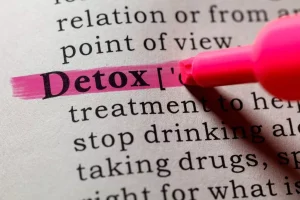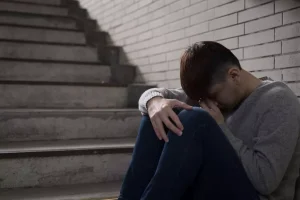
A person’s urges might be so strong, for example, that they would sacrifice other commitments such as work or school in order to acquire and use marijuana. Healthcare professionals can support by diagnosing and then providing talk therapy, medications, or a combination of the two. While it is possible to try and use the substance marijuana addiction without becoming addicted, that is not the case for everyone. There are risks of use, even medicinally, and addiction is one of them. Fortunately, there are many types of treatment for cannabis use disorder. This includes people coping with panic disorder, with symptoms of ADHD, social anxiety disorder, and low self-esteem.
- The American Psychiatric Association’s most recent criteria for substance use disorders include tools to identify cannabis addiction.
- It can be challenging to deal with the symptoms of marijuana withdrawal, so caring for yourself is particularly important during this time.
- Even if not physically or chemically dependent on marijuana, some people will develop a psychological dependence upon the drug.
- Marijuana is one of the most widely used drugs in the United States, but it can have serious health consequences as well as other negative effects on a person’s life.
Signs and symptoms
In healthy people, marijuana is sometimes used as a substitute for other, stronger substances. Amanda Reiman, https://ecosoberhouse.com/article/do-you-genuinely-like-the-feeling-of-being-drunk/ PhD, policy manager for the California office of the Drug Policy Alliance, and lecturer at the University of California Berkeley, shed light on this trend. Mental health conditions, which have both genetic and environmental causes play a large one in a person’s chance of developing an addiction.
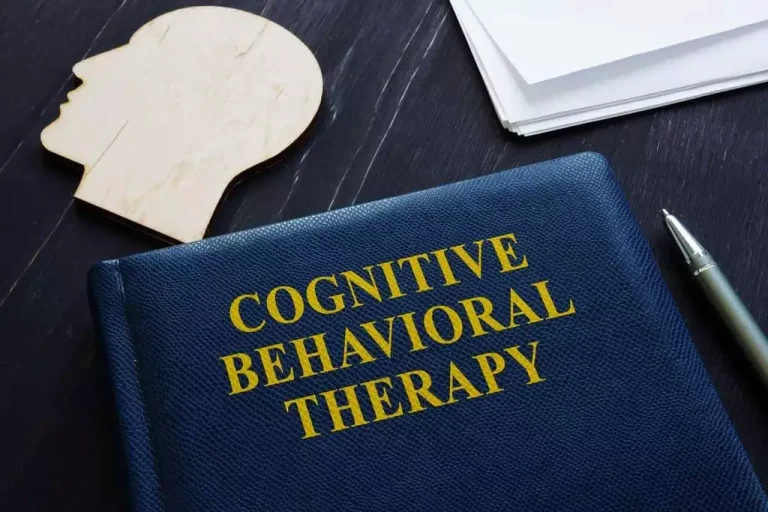
Taking the Risk of Freedom
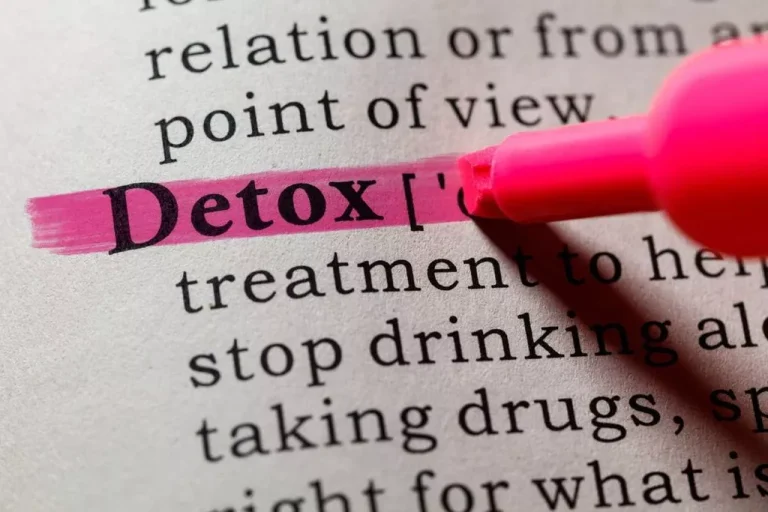
Your body could go into withdrawal, leaving you cranky, restless, unable to sleep, and uninterested in eating when you don’t use it. Drug abuse and addiction can be scary and uncertain, but it’s treatable, and there’s help out there. There are a variety of treatments available, and if one doesn’t work, another one may be better for you. Motivational incentives are part of CM, since it uses operant conditioning on positive behaviors you want to increase.
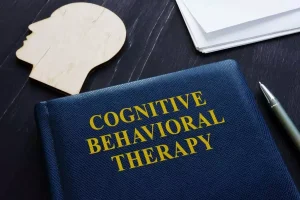
CUD and Other Mental Health Conditions
In recent years, there have been a number of studies that have highlighted the use marijuana in treating certain medical conditions. The use disorder, according to researchers, can morph into an addiction when the person can’t stop using the drug even when it interferes with their daily activities. By Buddy TBuddy T is a writer and founding member of the Online Al-Anon Outreach Committee with decades of experience writing about alcoholism. Because he is a member of a support group that stresses the importance of anonymity at the public level, he does not use his photograph or his real name on this website. Studies have found those who struggle with cannabis dependence often find dissatisfaction in various areas of their lives, including relationships, work, and education. Archbishop Samuel Aquila warns of the consequences of the legalization and cultural acceptance of drugs.
- Only after they are in recovery do most individuals realize the degree to which marijuana-induced paranoia has been negatively impacting their lives.
- John C. Umhau, MD, MPH, CPE is board-certified in addiction medicine and preventative medicine.
- So, a drug can cause dependence but not abuse, as is the case for some people prescribed opiate pain medication.
- MET is based on motivational interviewing and helps to increase changes in behavior by giving nonjudgmental feedback and helping people set goals.
How to Stop Smoking Marijuana
After regular use over time, they build a tolerance, where the effects of the substance are not noticed as much or at all. The person experiences symptoms when they stop using the substance, which makes them feel the need to use it again. Research suggests there are currently no effective medications in the treatment of cannabis use disorder. Buspirone was one medication of interest, but some research has shown that it is no more effective than a placebo and, in some cases, was linked to worse cannabis use outcomes. A 2020 study found that people have «genetic liability» with cannabis use disorder, meaning they are born with specific genes that increase their risk.
